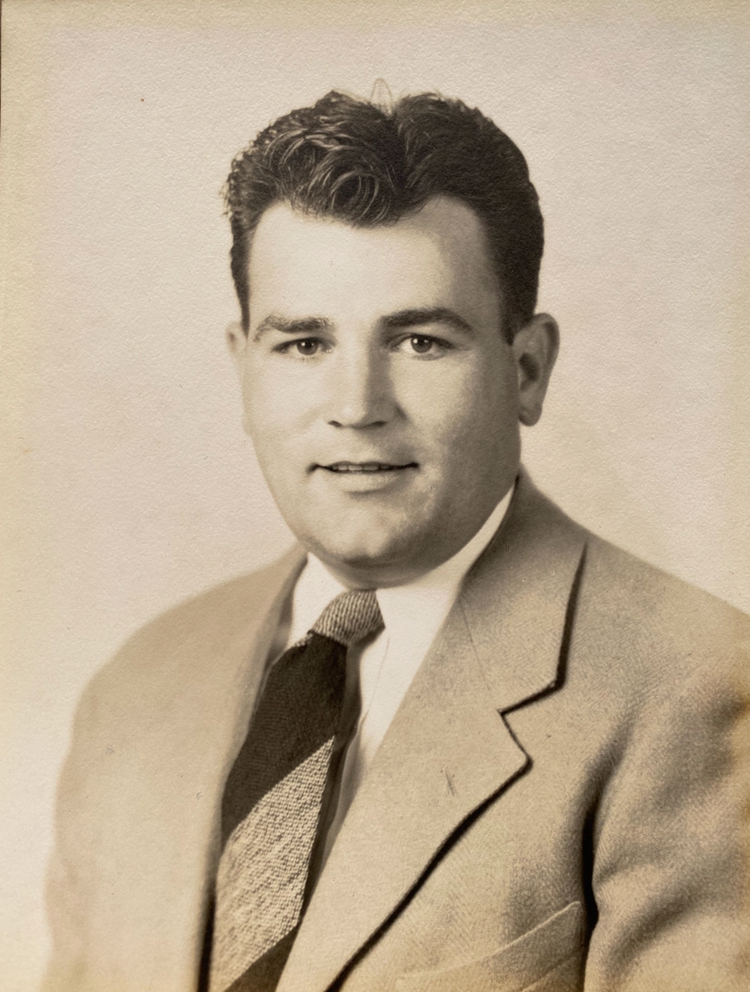
Each Christmas season brings warm family memories—memories that often last an entire lifetime. Mostly the memories are joyful, but if we are honest we must acknowledge that Christmas can also be a time of loneliness and depression.
I vividly remember Christmas Day lunches in our family. Our home was the overall “family get-together place.” Pretty much any relative or family friend who had no place to enjoy Christmas was included in our invitation list—and often joined us. It was not unusual for us to have as many as 40 people for our Christmas lunch.
Throughout my teenage years I remember soberly scanning our dining room table during our annual Christmas lunches as my elderly grandparents, uncles, and aunts enjoyed open, warm fellowship and a delicious meal. I could not help thinking, “I wonder which of these sweet, beloved old folks will not be with us next Christmas?” Sure enough most years, as the next Christmas season approached, one or two of these loved ones would indeed be “called home” and thus be absent at the next Christmas get-together.
And such is life.
I remember an old-time revival service at my home church. The visiting pastor asked the congregation, “What if I asked you to identify the next member of this congregation to ”pass away?” In answering this question my instant mental response was, “Well, obviously one of those old folks sitting near the the back of the church will be the next to go.” Then I realized the pastor’s whole point: The next person in the church to pass away could just as easily be one of the young children serenely seated next to their parents or perhaps even one of the middle-aged parents themselves or maybe even one of the teenagers seated near me in one of the little side wings of the sanctuary. The pastor successfully made his point. In any group it is impossible to know who will be the “next to go.”
At our annual Christmas lunches, as I looked about our dining room table, I was confident that the “next to go” would be one of my elderly aunts, uncles, or grandparents. It never once occurred to me that one of my siblings—or even I—could indeed be the “next to go.”
An artifact from my father underlined this harsh reality several years ago when I found myself holding my dad’s billfold—the billfold in his pocket when he unexpectantly died in October 1955.
Inside the billfold was a season ticket to the Port Gibson High School football team’s 1955 season. Along the bottom of the ticket were printed the numbers one through six, representing six home games. The first three numbers were “punched,” indicating his attendance at the first three games. At game number four the punches abruptly stopped. I soberly realized that my dad purchased the season ticket, and even attended the first three games—fully expecting to attend all six games—but was unable to because of his untimely death.
And such is life.
“And inasmuch as it is appointed for men to die once and after this comes judgment…” (Hebrews 9:27)
According to this verse, after that appointed time of death “comes judgment.” Given our sinful, broken nature, how can we possibly survive this judgment?
“…for all have sinned and fall short of the glory of God, being justified as a gift by His grace through the redemption which is in Christ Jesus…” (Romans 3:23-24)
“For by grace you have been saved through faith; and that not of yourselves, it is the gift of God; not as a result of works, so that no one may boast.” (Ephesians 2:8-9)
The Truth is that we each indeed have a sin debt—a sin debt that separates us from our Heavenly Father, a sin debt far too great to pay ourselves. Because of His great love for us—Christ fully paid that sin debt through His death on the cross.
Our sole obligation is to accept this great debt payment, by any measure the world’s greatest gift.
Practically every cemetery in America is covered with headstones. Nearly every one of these many headstones contains two dates. The first is the date of birth; a date which nearly everyone knows. Conversely, the second date is the date of death; no one knows the second date, the appointed date of their death.
Separating these two dates is a small dash, or line. This line represents your life.
Many lines are long, quite long. Sadly, some lines are short, quite short. Not one of us knows the length of our line. Regardless of its length, this line represents the time you have been allotted to accept Christ’s great gift of salvation.
Do not let today pass without accepting His great gift.
Tomorrow is not assured—for any of us.

Beautiful David. Amen and amen.
Very much on the mark. It’s all about the “dash”… what we do and who we are while creating our dash.
How true! Each day is such a blessing, but we take it for granted too often!! Thanks for the reminder!!
Dear David, Jesus’ gift of eternal life is without a doubt my greatest gift…and I tell Him so every day. May you and your family have a blessed Christmas. Love in Christ, Dorothy